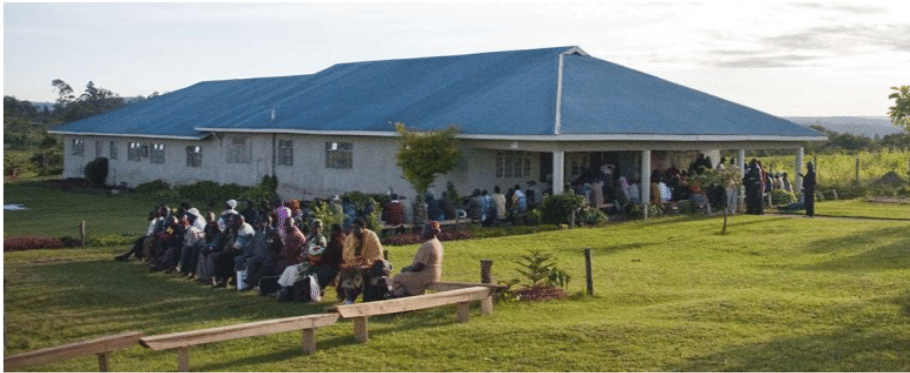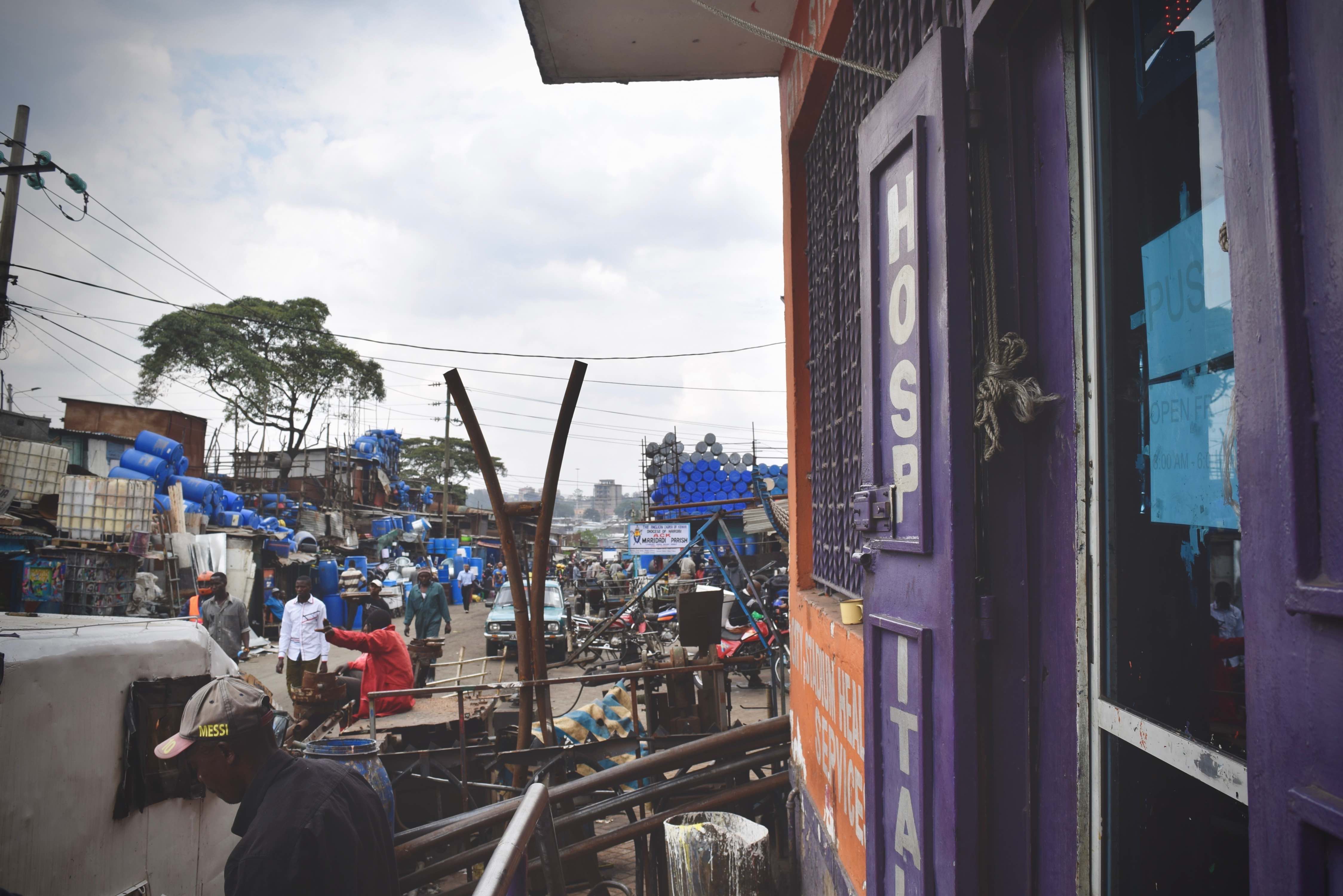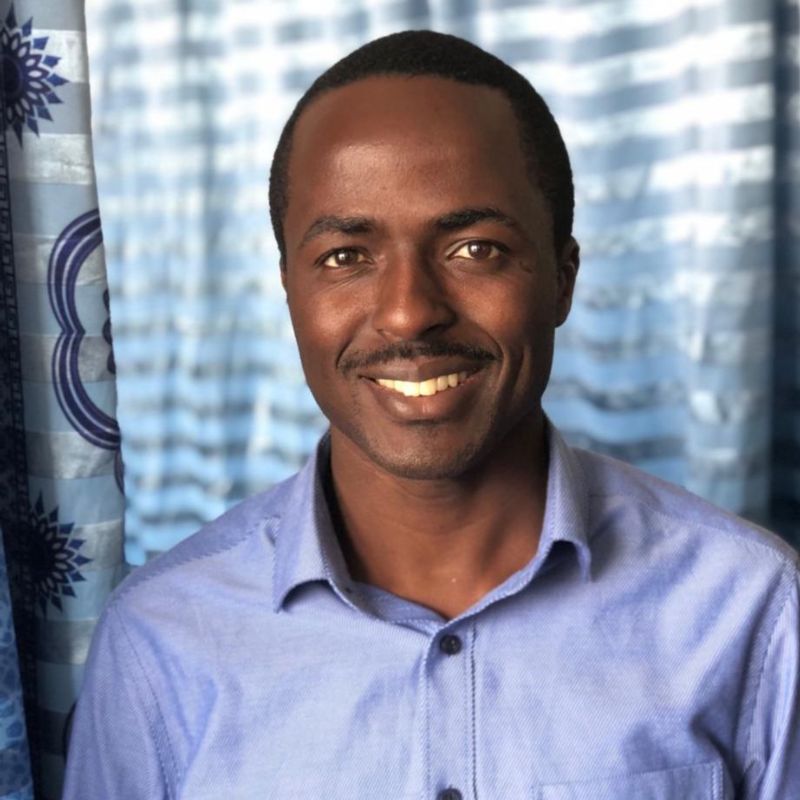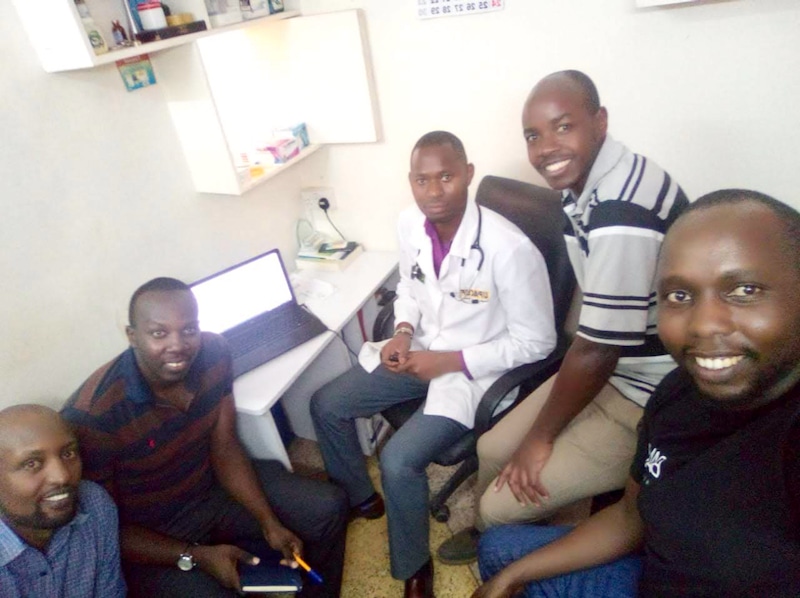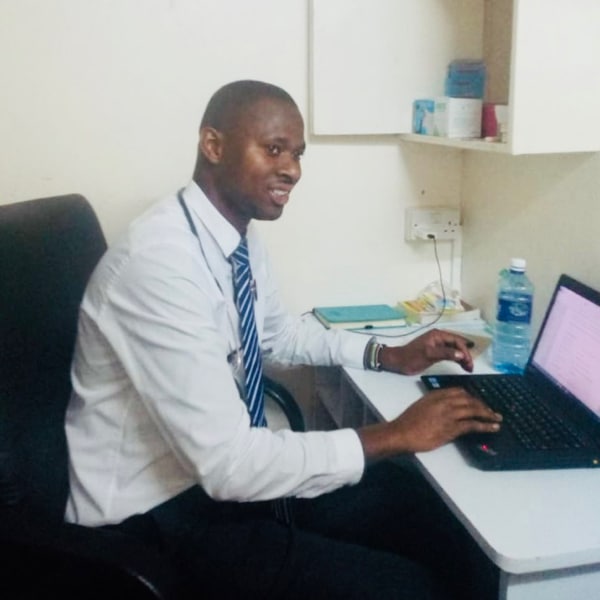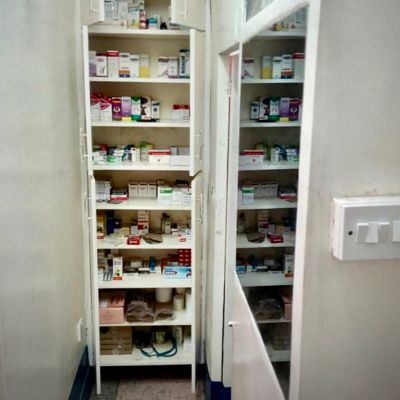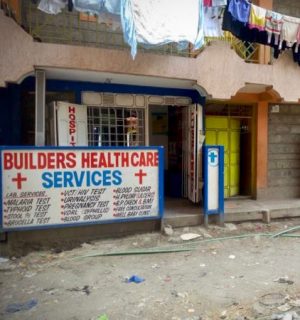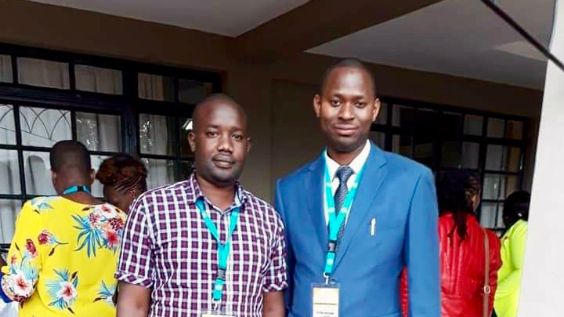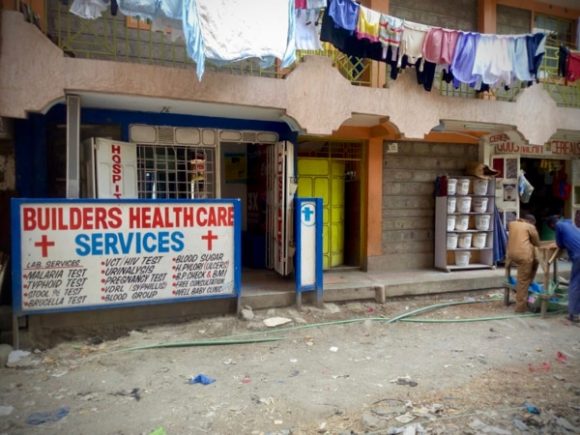We're at 12,000 patients per year, people!
That’s 12,000 men, women and children slated to receive faster, more reliable healthcare at their local clinic this year.
Celebrate with us! Based on the combined patient volume at the eight clinics now using Banda Go (eight!), 12,000 patients will benefit from the work Banda Health is doing – the work that you make possible.
Want to get get updates like these straight to your inbox?
Banda Go is now its first eight clinics
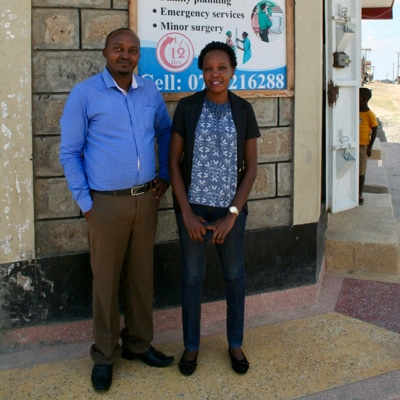
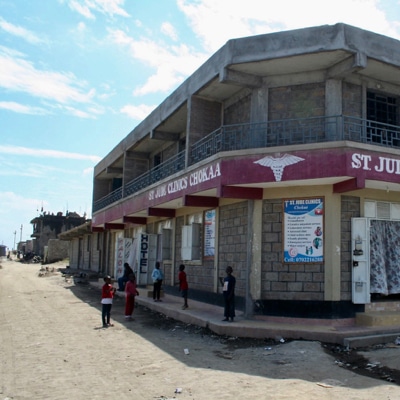
Boniface (left), of St. Jude Clinic Chokaa (recognize him?)
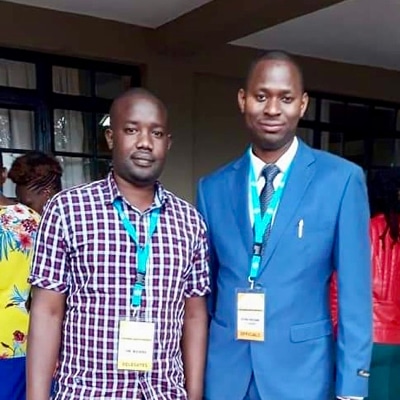
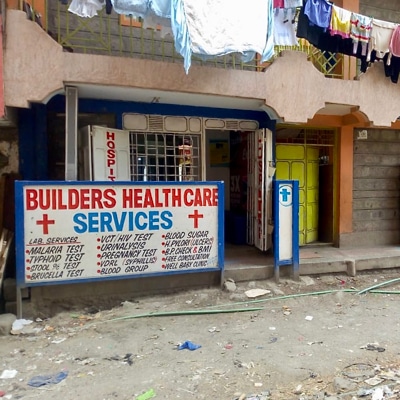
Stephen (right), of Builders Health Care Clinic (remember him?)
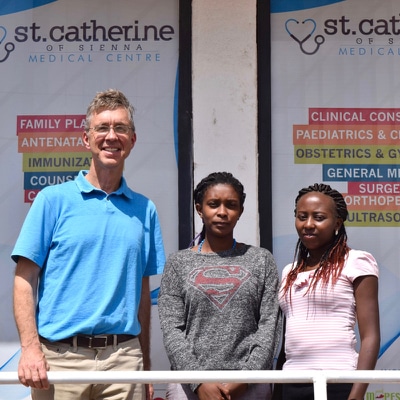
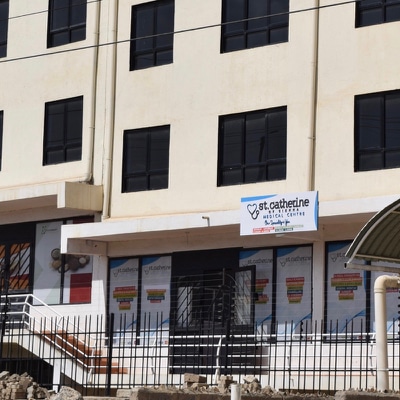
Jokaa (center) – one of the founders of St. Catherine of Sienna Medical Center
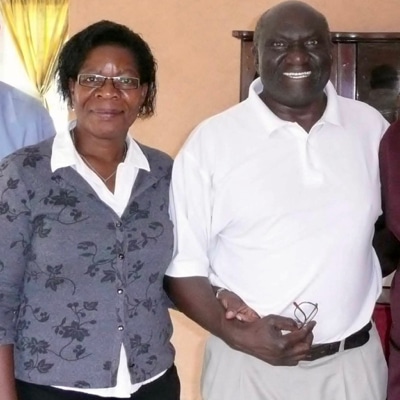
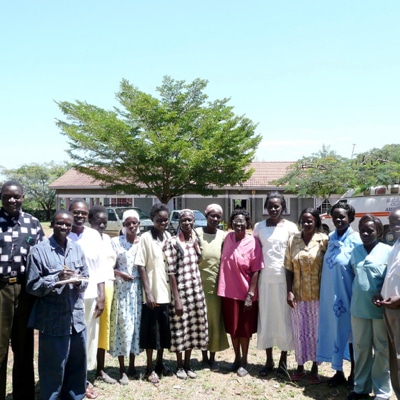
Sylvia and Stephen (founders) and the staff of Matangwe Hospital
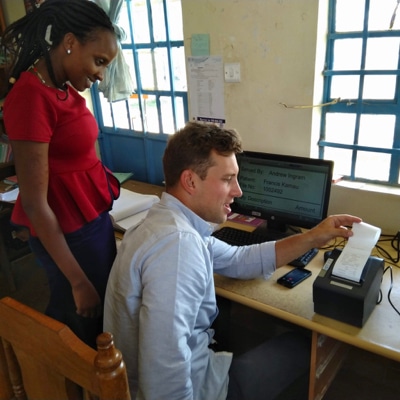
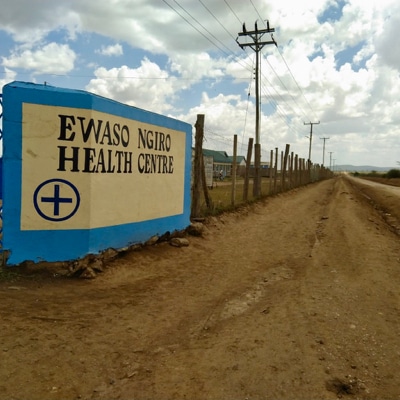
Emmy and Andrew print Ewaso Ngiro Health Center’s first receipt with Banda Go
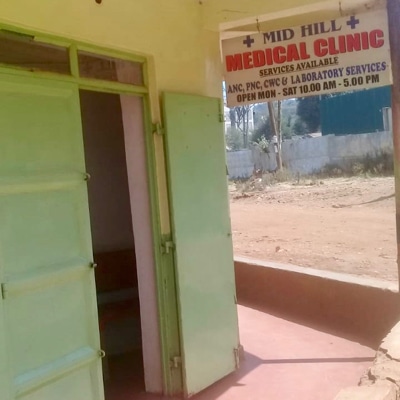
Mid Hill Medical Clinic
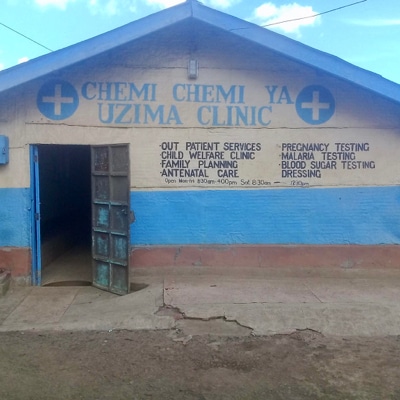
Chemi Chemi Ya Uzima Clinic (“Springs of Life” Clinic”)
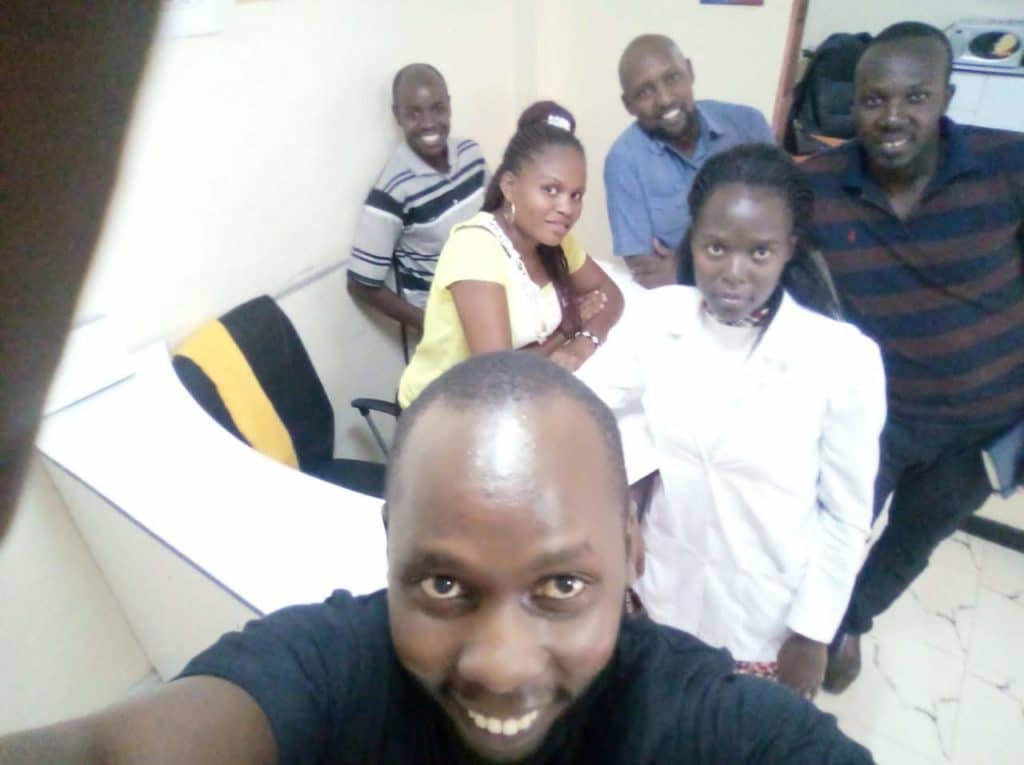
The Banda Health team with Linda and Liz of JoyLnn Clinic. Front: Andrew. Middle: Liz, Linda. Back: Jeremy, Kelly, Michael.
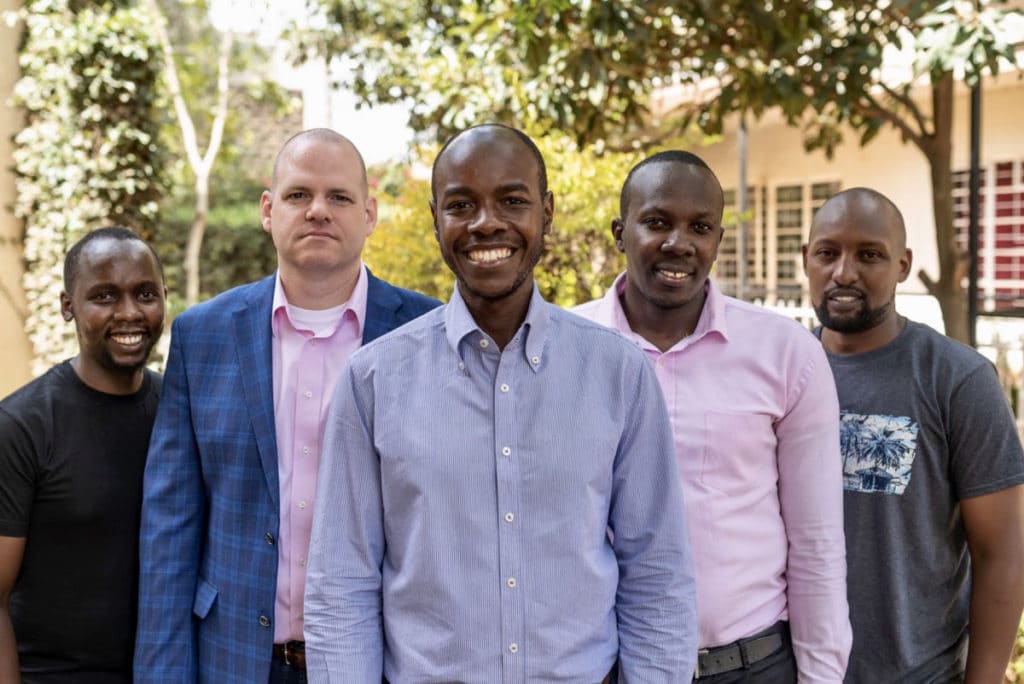
TWELVE THOUSAND!!!
We’re pumped. Banda Go is our baby, and it’s taking a global village to raise it. Thanks for being a part of that village!

